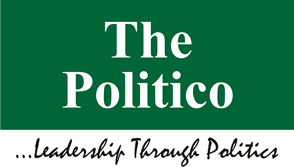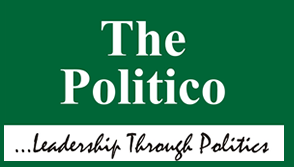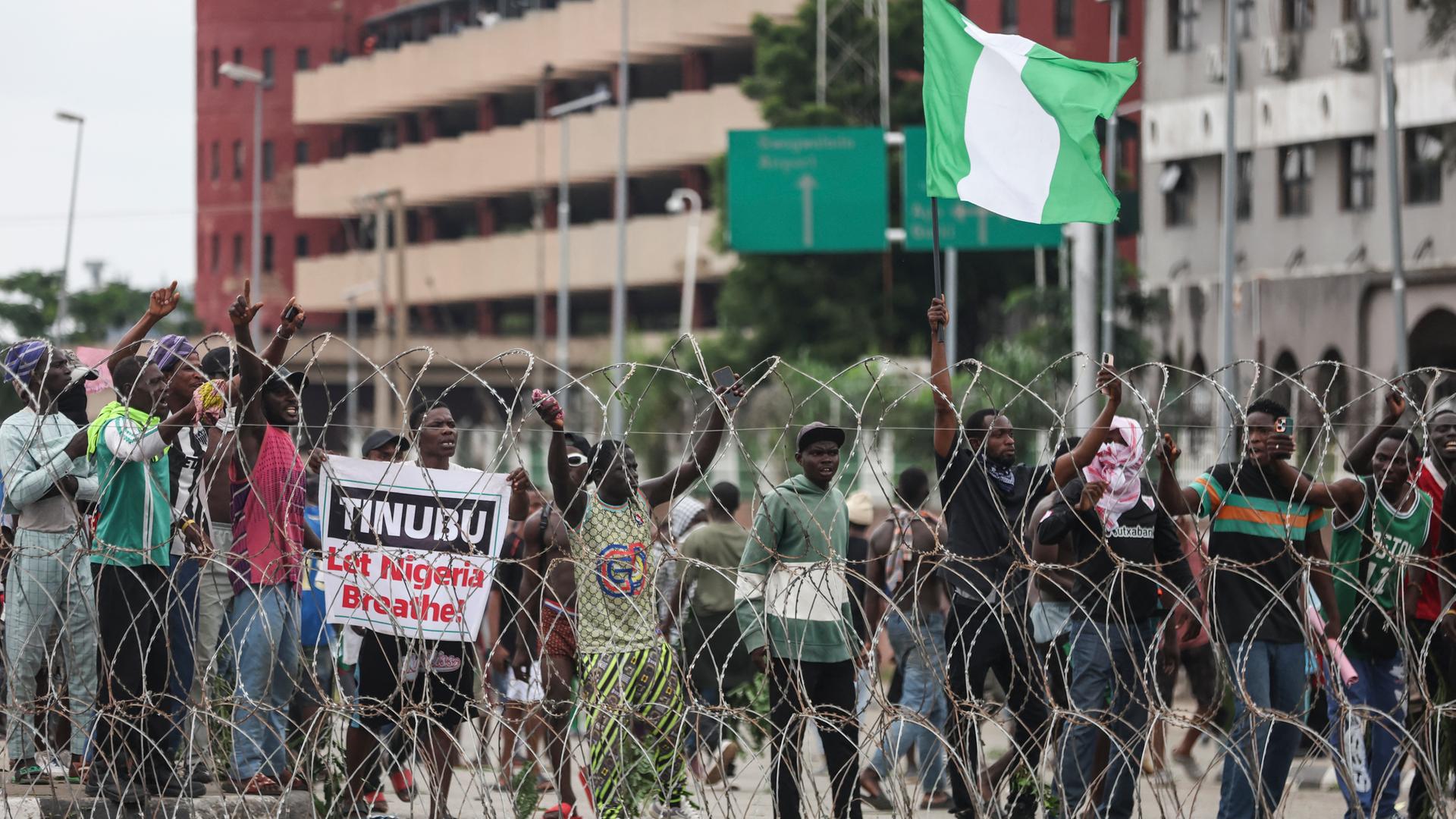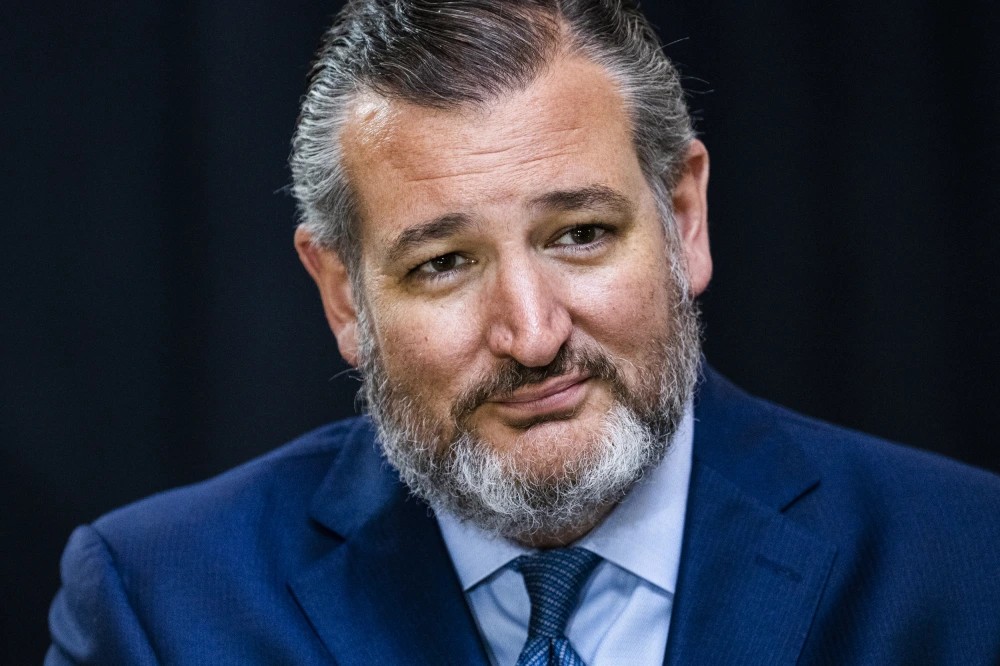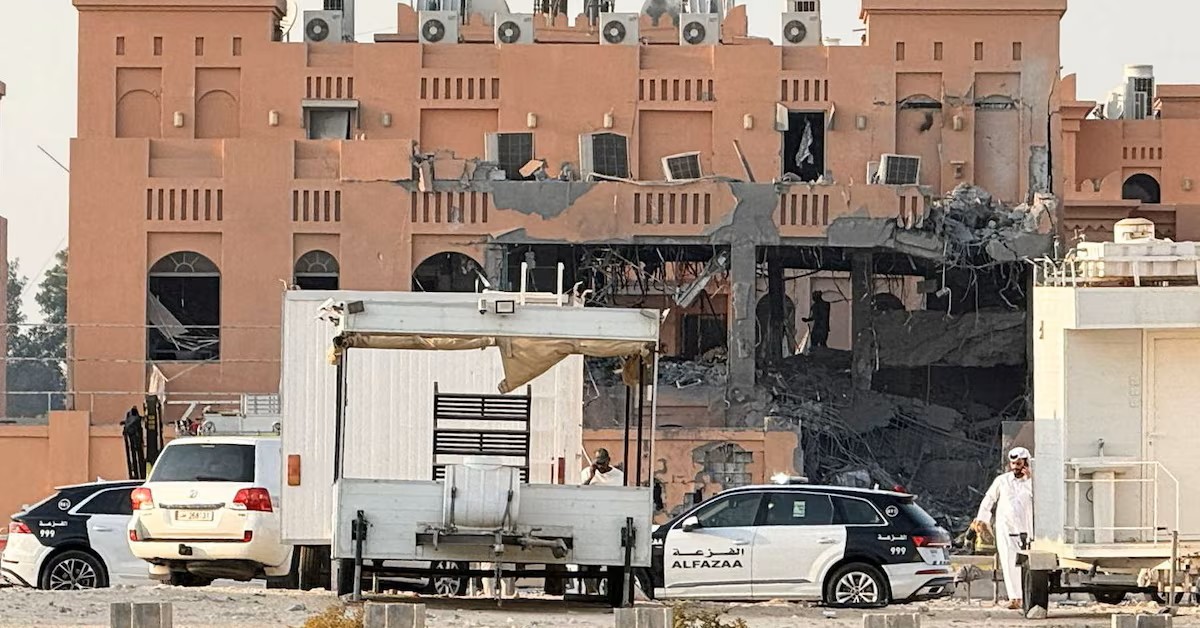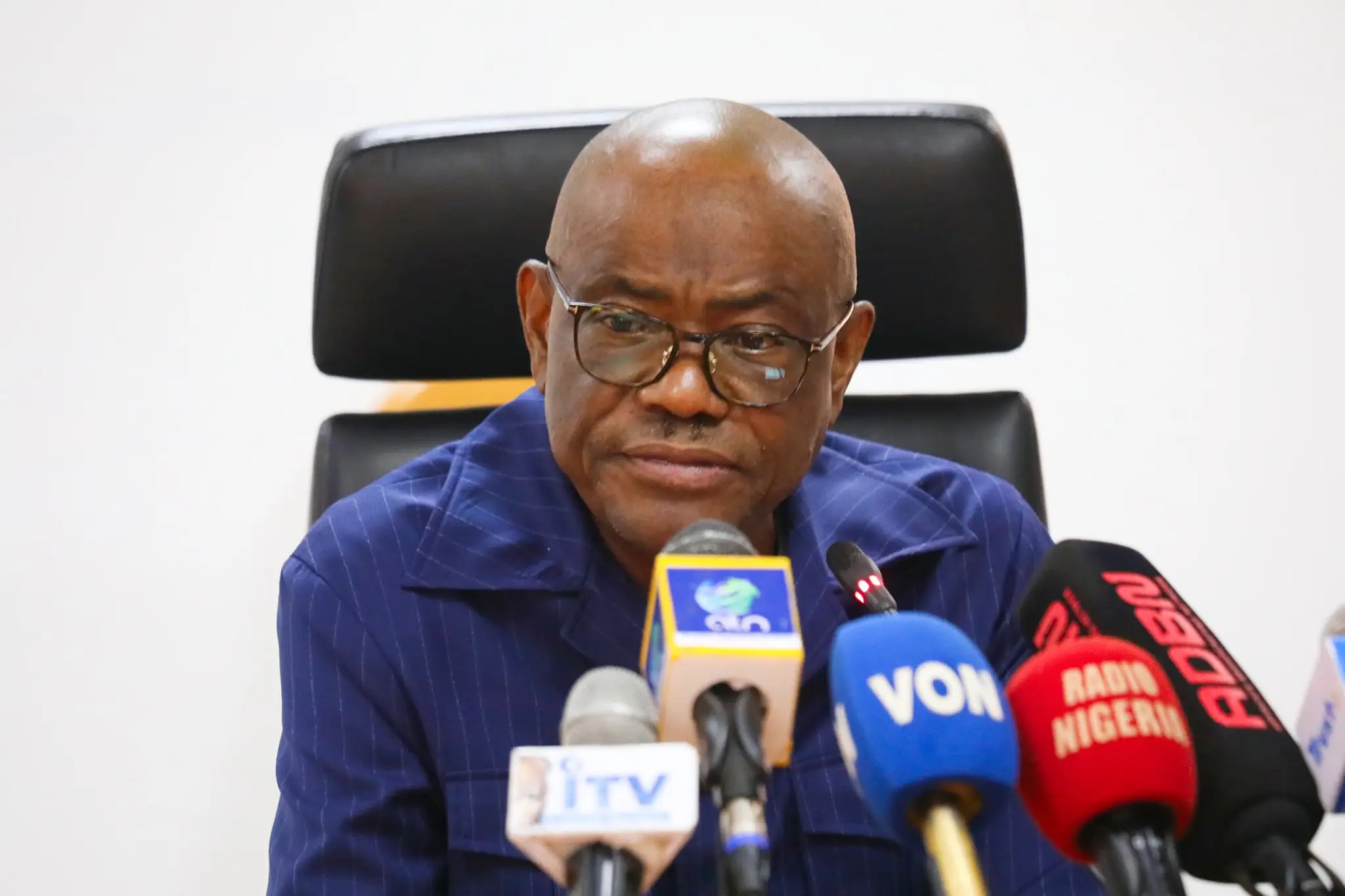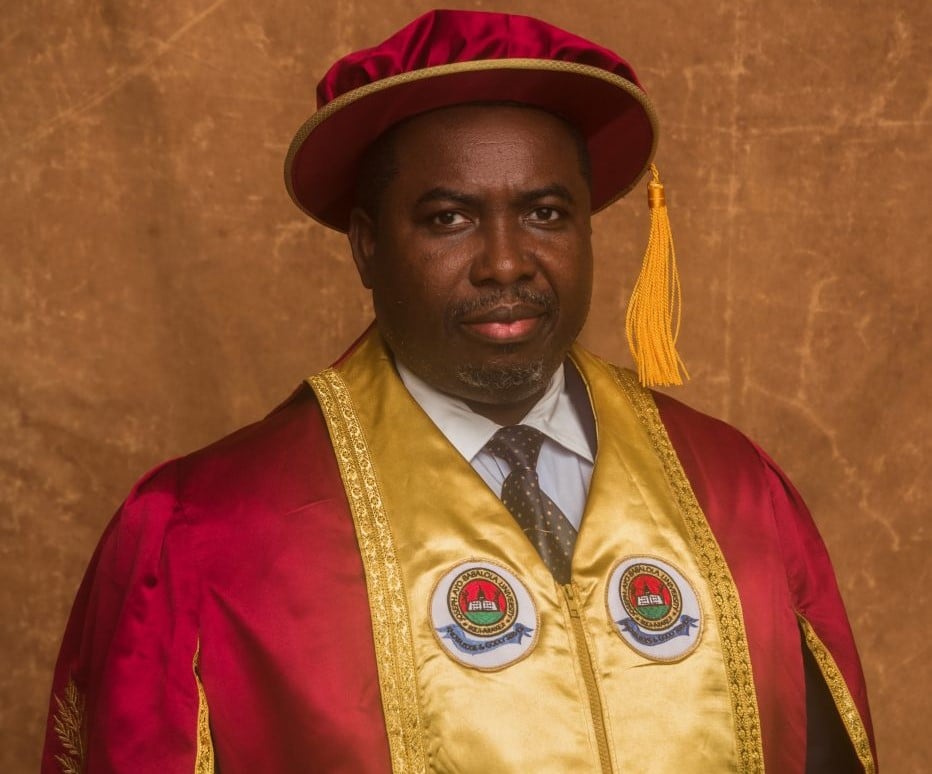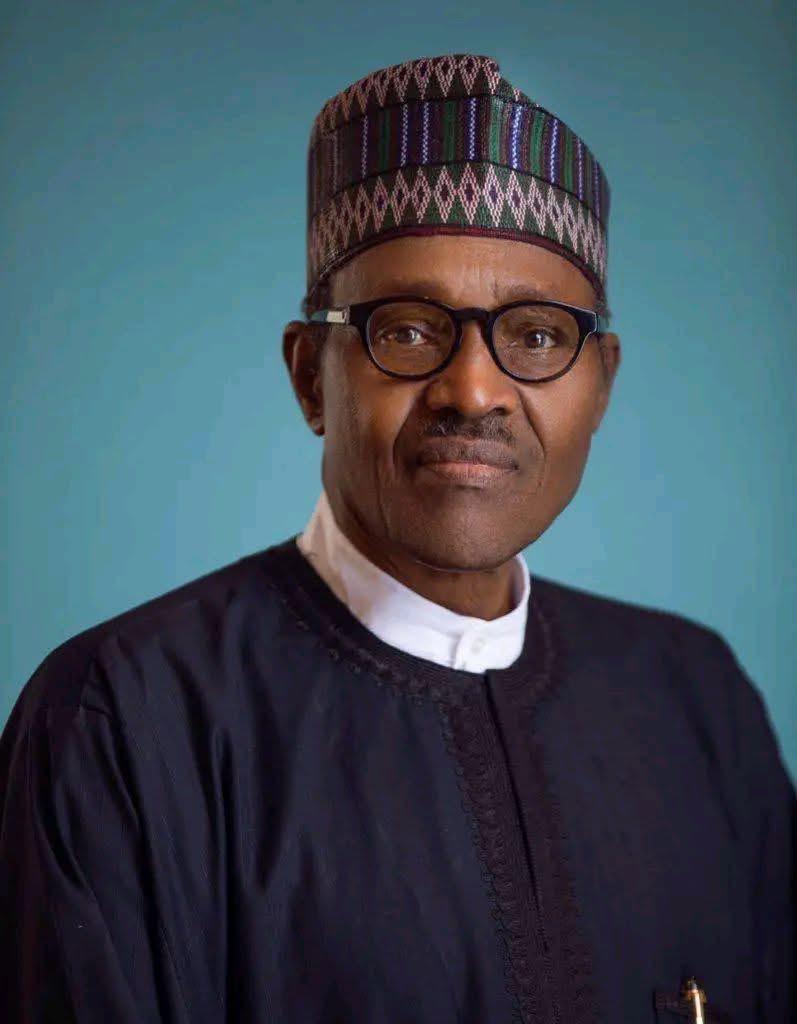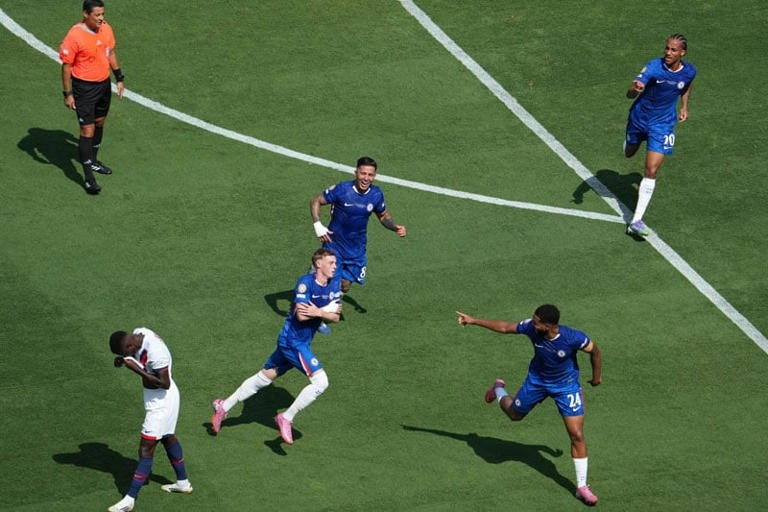“Power concedes nothing without a demand. It never did, and it never will.” – Fred Douglass
Murry Rothbard (1926-95) started his book ‘The Anatomy of the State’ with a predictable quotation, “the greatest danger to the State is intellectual independent criticism.” He himself was dubbed ‘the State’s greatest living enemy’. As many will expect, all he did was to expose the predatory nature of the State, or better still, the predatory character of those who run the State, and in doing so to liberate its victims, the citizens. He admitted that the State is universally accepted as an institution of social service and the apotheosis of society. But as he started dissecting the State, he observed that “while other individuals or institutions obtain their income by the production of goods and services and by the peaceful and voluntary sale of these goods and services to others, the State obtains its revenue by the use of compulsion …. Having used force and violence to obtain its revenue, the State generally goes on to dictate and regulate the actions of its individual subjects.
“This is the method which Oppenheimer termed ‘the political means to wealth’…. The ‘political means’ siphons production off to a parasitic and destructive individual or group….” Hence his definition of the State is, “it is the organization of the political means; it is the systematization of the predatory process over a given territory.”
Just in case you are having difficulty getting the point, he made this fictional illustration, “in the hills of southern ‘Ruritania’, a bandit group manages to obtain physical control over the territory, and finally the bandit chieftain proclaims himself ‘King of the sovereign and independent government of South Ruritania’; and, if he and his men have the force to maintain this rule for a while, lo and behold! a new state has joined the ‘family of nations’ and the former bandit leaders have been transformed into the lawful nobility of the realm.”
Does this sound familiar? The Nigerian State may not be exactly the fictional Ruritania, but it certainly shares some of the features of Rothbard’s State. We should have no difficulty figuring out what these features are. I leave this to reader’s imagination. Meanwhile, let me go to my point.
After 25 years of the return of democracy, Nigeria is undoubtedly in deep crisis. If those with unfettered access to the “political means of wealth” are not aware, the citizens who sleep and wake up daily in this crisis are very much aware. These are the nearly 90 percent of the population whose survival is a daily struggle, whose salaries can hardly last a week; who are looking for jobs that are not available; whose family members have been killed or kidnapped and have sold the family fortune to pay ransom and now have nothing to fall back on or a government to talk to; those who cannot pay the fees to resume their studies or have managed to pay the fees but cannot find the money for transport; those who cannot go to their farms to farm because of insecurity and have no institutional support whatsoever; those who are sick but cannot go to the hospital because they don’t even have money to eat and again no government to talk to. Those who are asking where is the government? And they get no answer! For the avoidance of doubt, let us run the figures.
During this period of 25 years, poverty has more than doubled, despite unprecedented revenue; food security is at it worse, with a grains deficit of about 30m MT, with about 33m Nigerians on the verge of starvation. During this same period our human capital development has hit the lowest ever, with 20 million out-of-school children, the highest in the world, with infant and maternal mortality levels worse than war-torn Southern Sudan or Syria. Infrastructural decay, evidenced by the continuous absence of electricity, good roads, and potable water, continues to frustrate citizens. This malaise is further symbolized by the spending of well over $30 billion without any significant increase in the quantum of electricity or transmission capacity, and the culprits are going scot-free, collecting traditional tittles and government appointments.
Similarly, institutional decay has reached a level where there is a national consensus that Nigeria is no longer working, just visit public schools or public medical facilities, or even visit our police or army barracks, or try regularizing your title deeds or ask retirees about their pension/gratuity. The economy is running the highest inflation figures in history, the worst value of the Naira ever, per capita GDP of $877, less than what it was in 1960 which today is less than one third of Ghana’s GDP; according to MAN report, 767 manufacturing companies shutdown in 2023, N350 billion goods are unsold in 2023, after raising over $70 million, Nigerian Startups shutdown in 2023, the figures for 2024 are expected to be worse.
Perhaps most importantly, insecurity has escalated to levels previously inconceivable and continues to defy the combined forces and resources of the federal government, this is even as a number of heroic security personnel keep putting in their best and often losing their lives. This democratic tragedy, as it were, is apparently inspired and sustained by a political culture which has since divested itself of any sense of shame, which is completely transactional, predicated as it is on a ‘cash and carry’ logic, nurtured by a looting spree, and which does not recognize competence but only blind loyalty and wanton sycophancy.
This political culture is primarily defined by violence and money and recently the subversion of the electoral process and debauching the court process. A culture which seeks to personalize governance where the son of a president, who, in decent societies, has no business in government, is all over the place distributing pittance to poor beleaguered citizens, who his father’s very government first impoverished, as if to weaponize poverty. This political culture is actively supported by political parties that have no content, no conscience, and no courage, managed by a retinue of party personnel made up of agents of the big men in the parties. The leadership recruitment process in the parties appears to have no criteria for leadership selection other than the depth of the pocket and the capacity for mischief and thuggery. Any surprise that we are where we are?
Our governments have become a total liability to their citizens and a laughing stock in the comity of nations. All these mess that we keep complaining about every day is the handwork of the politicians of the last 25 years. The amazing thing is that they walk the streets oblivious of the mess they have caused and even dare to contest again, and the same beleaguered citizens, as if bewitched, are ready to vote for them.
For emphasis and clarity, let us consider the three defining features of this tragedy. The deepening insecurity, the suffocating economy, and the broken social contract.
Insecurity
Let us start with insecurity, if only because, in the hierarchy of human needs, human life comes first. According to NBS, as reported by the DT of December 18, 2024, in just one year, 614,937 Nigerians were killed, 2.23 million people abducted, kidnappers raked in N2.2 trillion and government is silent. Since then, only God knows how many more human beings have been killed or kidnapped across the country. Every day, we wake up to killings of more citizens, and all we hear are condemnations. Every day, the Nigerian State loses ground to insurgents and bandits who take over enclaves and run them as their colonies.
This raging insecurity in the land is more than enough evidence that for the last two and a half decades, the politicians and the institutions of the defense, law and order have not delivered on their mandates. Some would say that these institutions have become willing accomplices in this heinous crime against humanity, which public servants are facilitating, and our politicians are literally supervising and, of course, benefiting. For every life lost there must be not less than five citizens whose livelihood is destroyed, either because they have sold all family asset to rescue a kidnapped member or because the provider is gone and there is no support for these victims, as if there is no government.
In addition to all these, now the rise of urban banditry. Kano had long been suffering, and it is not abating. Now Kaduna is exploding. Last weekend, the Guardian was leading with a report of 389 suspects arrested with dangerous weapons and drugs. I had in an earlier article warned against this rising menace and made reference to urban banditry, which crippled Sao Paulo, in Brazil, about 25 years ago. How many farm lands are left unfarmed? how many children are kept out of school? How many orphans and widows are left roaming the streets? How much trauma is being inflicted on millions of citizens? Where is the conscience of these politicians? Can we trust any politician in 2027? Is this the democracy we signed on to?
Economy
One does not need to be an economist to know that the economy is in a mess. A great majority of us feel the pinch, the pain, and the perturbations daily. We also watch and cringe from the lavish life styles of those elected to rule us, and those elected to represent our interest, renewing their jets and their SUVs and amassing properties and sending their wards to choice schools at home and abroad, when many are forced to stay at home unable to find a meal, much less pay school fees. Outside this reality, there are a number of indices for evaluating the economy like the per capita GDP, which at $877 (at Q1 of 2025, it is much lower, showing the direction of the economy).
The value of the new minimum wage, for which Labor Union took to the streets is just $44, much lower than the previous $64.58, just because this government has led the worst devaluation of currency in Nigeria’s history. Debt is mounting to N150 trillion/$53.13 billion and still counting and nothing to show for it except more poverty. The misery index, the food inflation figures, and the health and education indices are all worsening by the day.
To summarize, we can see a short paragraph from the latest UNDP Report, “Nigeria’s Human Development Index (HDI) is 0.548, which is considered low according to the 2023/2024 Human Development Report, according to the United Nations Development Program. This places Nigeria at 157 out of 189 countries. The HDI is a composite measure of a country’s average achievement in health, education, and income.
Despite a 22 percent increase in HDI over 19 years, Nigeria’s low HDI is attributed to factors like poor education performance and significant inequality, according to the United Nations Development Program.” At 157, Nigeria is below African countries like Togo at 154, Uganda at 151, Zimbabwe at 146, and Ghana at 136. It is far below its peers at independence, like, Egypt at 98, Brazil at 82, Malaysia at 66. This dire economic situation has not dissuaded politicians and public servants from looting the public treasury.
The alleged 2025 Budget padding by BudgetiT, where about 11,220 padded projects were inserted costing over N6 trillion, is just one example of the possible looting taking place every year. Money said to be recovered from previous corrupt practices are hardly declared and hardly seen or reported. Electricity has become so prohibitive, with a strange billing system where the same electricity consumed doubles or triples its cost depending upon which part of town you find yourself, so unfair, so unjust and so unscientific.
The comments of the leadership of the Senate when the youth were getting ready to march against Nigeria’s political economy, summarizes the attitude of our political leadership, a great majority of these same people who are offering themselves to be elected in 2027.
The Social Contract
Modern nation states are constructed on the basis of a social contract between the citizens and their government. At the core of the social contract is the argument that citizens agree to live under a government, surrendering part of their freedom in exchange for the benefits of living under a system of laws, order and good governance. The government, on its part, provides the basics of protection of lives, liberties, and properties of citizens and invests in their welfare.
This idea is entrenched in our constitution in section 14(b), which clearly spells that “the security and welfare of the people shall be the primary purpose of government….” The idea here is that if citizens fulfil their part of the contract, then the government is obliged to fulfil its part. The corollary is that if the government fails to deliver on its mandate, then the citizens have no obligation to deliver on theirs. John Locke has gone further to suggest that citizens have the right to terminate the contract by deposing their government.
In the Western tradition, the main thinkers are Thomas Hobbes, John Locke and Rousseau. But before them, Al-Mawardi in his Ahkam al-Sultaniyya and Ibn Khaldun in his Muqaddima have raised these same points.
Nearer home, the scholars of the Sokoto Caliphate have written over a dozen books on this. The most prominent perhaps is Ghayth al-Wabl of Sultan Muhammad Bello. Indeed, there was a Sultan of Sokoto who failed to deliver on his mandate and stayed away in a resort enjoying himself. True to their conscience, top Sokoto scholars of the time came to Sultan Bello Mosque in Sokoto on a Friday and withdrew their, allegiance, (bay’a) publicly and made it permissible for all those who wished, to do so. Immediately, the Sultan came out of the resort running and taking an oath to live up to expectation.
Some of our scholars and clerics today would rather take cash and privileges and keep quiet, becoming accomplices in this monumental crime. And this is why we are where we are today. As things stand today, this social contract is broken, and governments have failed to deliver on their mandates, throwing our social contract to the dogs. It does not appear that those elected officials and political office holders are even aware of any social contract. For many of them, they relish in the arrogance of power as if Nigeria is a colonial state and they are the new imperialists.
Government officials, whether political office holders or public servants, treat the citizens with disdain, very much like conquered people, and the public resources like some kind of booty to be shared. This frame of mind is informed by poor education and sustained by a pedestrian political culture that has no idea of what governance is all about beyond looting treasury, amassing wealth and living larger than life.
For a great majority of the citizens, the Nigerian State is completely absent in their lives, the only time the State acknowledges their presence is when politicians need their votes, or FIRS needs their taxes, thereafter they can go to blazes, indeed they live in those blazes that today define the Nigerian State: poverty, insecurity, trauma, disdain, decay and death. It is here, more than anywhere, that the Nigerian State resembles Rothbard’s fictional Ruritania, where the citizens are the victims while those running the State, the predators are the slave masters, the plantation owners.
Here also lies the depth of the crisis: the huge trust deficit, the cynicism, the absence of patriotism, the general apathy, and lack of commitment to anything Nigerian. On June 7, 2025, Tribune reported that the new survey by African Polling institute says, “83 percent of Nigerians don’t trust this government, the NASS, and the judiciary.” Not surprisingly, citizens are increasingly cynical, and they ask themselves why should I die for Nigeria? Does Nigeria care about me? Indeed, who and where is Nigeria?
Crisis of leadership
To be sure, all these malaise delineated above are not quite the crisis; rather, these are only symptoms of the crisis. The real crisis has to do with the quality of leadership or lack of it, as it were. This is exactly the locus of the crisis, and it is here that the real work to salvage the country is located. Leadership is both fundamental and critical in life. At both individual and corporate levels leadership encapsulates the desired direction to move, in other words the vision and the determination to get there, the readiness to make sacrifices and the stamina and courage to provide the staying power to get there.
So, the first quality in leadership is a vision, and this is a factor of knowledge. The next is the planning, the strategy, and the wherewithal, which are all factors of competence. The next is the political will and the focus to realize the vision, which is a factor of both courage and character. This is precisely what is missing in our political leadership. Many will agree that the majority of our political leaders have no vision, no competence, no courage and no character, and this is precisely why our country is where it is: in the abyss, unable to rise to its potentials, unable to meet the expectations of its citizens, unable to provide the leadership the rest of Africa is waiting for.
This has continued because our leadership recruitment process is faulty, and its greatest deficiency is the absence of any criteria for leadership selection. The age and educational qualification in the constitution are not criteria for leadership, no, these are criteria of eligibility. There are no criteria for suitability. This creates room for crooks, and they have gradually taken over the system, making a mockery of our democracy. Any mention of criteria for suitability elicits vehemence from these crooks. For as long as we fail to recalibrate our leadership recruitment process to prioritize, character, competence and courage for as long shall we remain at the abyss, going down the drain until we hit the rock bottom, aground.
It is our choice to keep quiet and go down the drain or so to speak up and rise to our potentials and provide the leadership Africa is waiting for. History will keep its records and unleash its consequences. The point here is that the Nigerian State is in deep trouble today, characterized by deep excruciating poverty, debilitating insecurity, decay and breakdown of infrastructure, the mounting corruption, the breakdown of values and the absence of the sense of shame and particularly for teeming youth, the absence of hope on the horizon. And all these because our leadership recruitment process has no criteria for suitability. This has facilitated the emergence of a rouge leadership, that has elicited a rouge political culture, which in turn has decimated our institutions, creating the Hobbesian state where life is becoming “solitary, poor, nasty, brutish and short.”
The concern is that many politicians don’t even see the problems since many of them are the direct beneficiaries of the problems. The few who are able to see the problems and care to speak about them have not yet created the critical mass to provide the momentum to the tipping point. Most of our politicians, considering their background, cannot fathom the real disease and are therefore not even in a position to engage with the issues. This is where lies the raw nerve of the crisis.
This is why politicians don’t seem to be able to solve this crisis. They appear to be too desperate to cling to or recapture power that they have no time in their schedule to reflect on the future of their society, they are too engrossed in the ‘here and now’ of politics to worry about these ‘finesse’ raised by what they consider the academics. For them, the end justifies the means, and academics are social irritants who can not win their polling booth. Yes, they may not win their polling booths, but they know what those who claim to “win” their polling booths do to win; that is exactly what they are not ready to do. It is beneath their dignity.
It is exactly this “thing” they do to win that brought us on our knees today. To be fair to the politicians, they could not have brought these havoc and destruction all alone. They need followers, and there are many of them. This poses a few questions: why do otherwise sane and sensible people follow bad leaders? Why are otherwise educated people who have read books and travelled around and know the consequences of bad leadership, continue to agonize in the privacy of their homes, and appear mute and helpless outside the home? Why would the poor and oppressed who are groaning under the weight of the consequences of bad leadership continue to collect a sachet of spaghetti and vote the thieves that will steal them blind and leave them to die in misery?
Well, these are the same questions people who changed the course of their societies and salvaged them from the scourge of bad leaders asked and answered. People like Paulo Freire, the author of ‘the pedagogy of the oppressed’, in Latin America, General Mark who dismissed the politicians and re-invented South Korea, Lee Kuan Yew who struggled from his student days on campus to take over power and reinvented Singapore, here nearer home the Nkrumas, Aminu Kanos etc. A journalist once asked Aminu Kano what would he say was his contribution to politics? His reply was that he taught the poor and downtrodden how to say NO to oppression. Short but profound.
In fact, these struggles go as far back as the Greek antiquity when Socrates tried raising the social consciousness of the youth in Athens and of course his student Plato and others he inspired, like Seneca. The answers these philosophers, activists, and revolutionaries found is that it is all a question of social consciousness. I have heard many, especially the elite, taking pride in not associating themselves with politics, as if they are achieving anything by keeping away from politics. It is to these kinds of people that Plato said, “if you don’t want to go through the pains of being in politics, you must be prepared to bear the pains of being ruled by someone who is far inferior.”
Seneca also said to them “We should not, like sheep, follow the herd of creatures in front of us, making our way where others go, not where we ought to go.” What he seems to be saying is that we must dare to think different, be different, and act different, if we want our situation to be different. Adding that, “It’s not because things are difficult that we dare not venture. It’s because we dare not venture that they are difficult.”
Fredrick Douglas, of the black struggle in the US, had occasion to say that “The limits of tyrants are prescribed by the endurance of those whom they oppress.” So, for as long as we are ready to tolerate the mess our politicians unleash on our society, for that long, this mess will continue. It is this low social consciousness that creates this meekness and uncritical submission or the absence of the courage to rise and change our trajectory as a people.
The danger of this complacency is that in just the next five years, our population, by UN projection, is expected to reach 300 million. By 2050, it is projected to reach well over 400 million, making Nigeria the third most populous country in the world, after India and China. Where are the plans to feed, educate, house, and find jobs for this teeming population? With the current energy poverty, how can we develop the industries to create the jobs and the production to produce the prosperity? How can we turn this population into assets so that it does not become the liability that will push us on the path of Congo DRC?
These are not the questions that excite our politicians today. If we cannot engineer a leadership renewal, in whose hands are we leaving the future of our country? In the hands of incumbents who are known for padding budgets running to trillions, or awarding contracts in trillions to their companies without due process, or issuing large parcels of land, costing billions, to their children? Or are we leaving it in the hands of the opposition, many of whom had opportunities to make the country better, but chose to butter their bread instead and brought us to this cul-de-sac?
Where are the youth of this country, whose future is at stake? Where are the men and women of conscience? Where are the men and women of God? Where are the Nigerian elite? Where would you want Nigeria to be in 2050? What is it that stops you from having a consensus on the future of your country? Of what value is your knowledge and privilege if you can’t shape the future of your country? As ML King Jr would say, “There comes a time when one must take a position that is neither safe, nor politic, nor popular, but he must take it because conscience tells him it is right.”
It is fairly obvious that the run-of-the-mill politicians, who are focused on capturing or retaining power by any means and whose acts of commission and omission were the source of the crisis in the first place, cannot solve this crisis, they can only compound it. We must look elsewhere, and one sure way is to look forward to the statesmen. What is the difference, someone may ask? The difference is said to be that while politicians focus only on the next elections, the statesmen focus on the next generation. So where are the statesmen?
Well, being a statesman is not a question of age, it is a question of the mindset, it is a question of conscience, it is a question of courage, it is a question of a sense of responsibility, it is also a question of the will to make sacrifices for the future of society. Those with these qualities need to come forward, in good time too, to stand up to the mess that has become the 25 years of democracy in Nigeria. The regular politicians have an option to transform into Statesmen. All they need to do is subordinate their personal ambition and prioritize the corporate interest of society. In other words, all they need to do is stop being selfish, embrace humility, discover empathy, and appreciate the future. Politics must not be about personal ambition to rule but about collective efforts to make our society better than we found it.
The rest of us citizens, especially our academics, our youth and our women must rise to the occasion, particularly to stop agonizing and start organizing and immediately too. We must insist on criteria for suitability in leadership selection, particularly to prioritize character, competence, and the courage of conviction. We must insist on a paradigm shift in our politics and political discourse from the politics of big men to the politics of big ideas.
We need to embark on mass mobilization to raise the social consciousness of our poor and downtrodden to rise this time to liberate themselves from a cartel of ‘sharks’ who have reduced their lives to hell on earth. Here, the responsibility is more on the ulama’, the clergy, and the civil society. We must create platforms, both regional and national, to pursue this project of liberation. As the election of Mamdani in NY has shown, it is knowledge, conviction, and determination that ultimately matters, not money, not intimidation and not age in politics.
So, help us, God!
